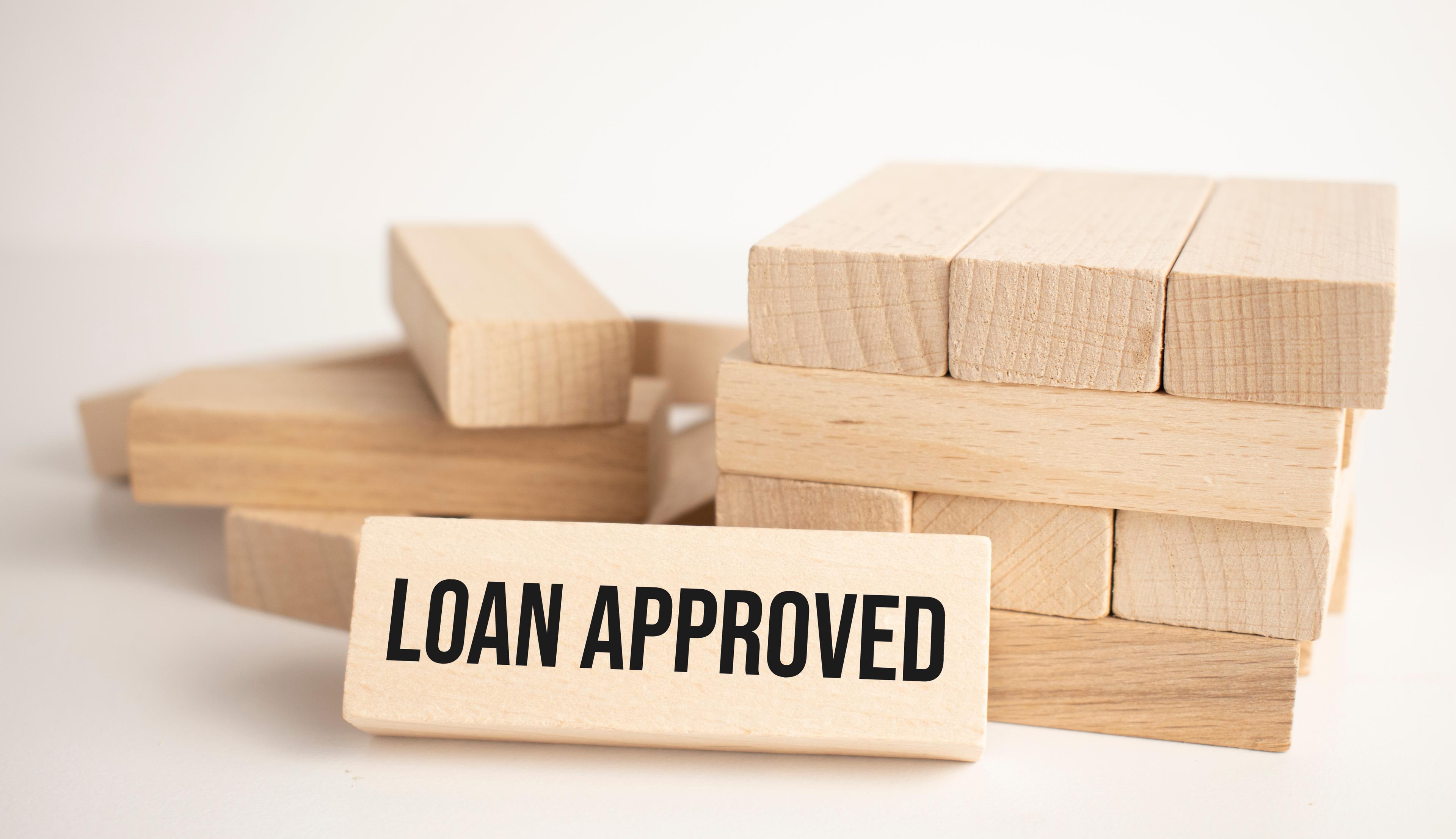
Loans
•04 min read

Selling a property can be a financially rewarding experience, yet the burden of capital gains tax can often make the process seem overwhelming. If you've ever wondered, can i avoid capital gains by paying off home loan, this guide will show you how strategic reinvestment can work for you. Imagine the relief of watching your tax burden decrease as you move closer to your dream home with Tata NeuMoney. Additionally, enjoy an added benefit of 500 NeuCoins on loan disbursal with Tata NeuMoney.
Capital gains tax is levied on the profit made from the sale of an asset, such as real estate. The tax treatment depends on the holding period, differentiating between short-term and long-term gains. In property transactions, the duration for which the asset is held plays a critical role in determining the applicable tax rate. Generally, long-term capital gains enjoy the benefit of indexation, which can effectively lower the taxable amount.
A common question many homeowners ask is, "can i avoid capital gains by paying off home loan." While directly using the payoff amount does not exempt you from capital gains tax, you can strategically reinvest the proceeds to secure tax exemptions. By aligning your reinvestment within the conditions laid out in Sections 54 and 54F of the Income Tax Act, you stand a better chance of reducing your tax liability. It’s important to understand that the focus here is not the home loan repayment itself, but rather how the available funds can be reinvested wisely. Please note that tax laws are complex and individual circumstances may vary. We recommend consulting a tax professional for personalized advice.
Both Section 54 and Section 54F provide provisions for claiming exemptions from capital gains tax if the sale proceeds are reinvested in residential property. Section 54 is applicable when you invest in a new residential property within two years of the sale (or three years for construction), which can cover the net sale proceeds after repaying your home loan. On the other hand, Section 54F pertains to reinvestments made into a residential property after selling non-residential assets. In both cases, timing is of the essence. Ensure your reinvestment is completed within the stipulated period, and note that it must cover the net sale amount after deducting any dues, including your home loan repayment.
The Capital Gains Account Scheme (CGAS) offers a practical option for depositing your sale proceeds temporarily. By utilising a CGAS account, you can hold these funds until you are ready to reinvest in tax-saving instruments or a new property. This not only secures the potential tax exemption but also provides flexibility as you sort out your financial strategy. It is crucial, however, to ensure that these funds are used within the prescribed timeline to retain the tax benefits.

Another strategy involves capital gains bonds. By investing in government-backed bonds, such as those issued by recognised entities, you can avail tax exemptions on the sale proceeds. Typically, these bonds offer fixed returns with a lock-in period of five years and a maximum investment limit of up to ₹50 Lakh. While this option ties up your funds for a longer period, it provides a secure return and reduces your overall tax burden on capital gains.
When considering the question, "can i use capital gains to pay off debt," it is important to recognise that repaying your home loan does not directly translate into tax exemption benefits. However, lowering your outstanding loan balance can free up additional funds. These funds can then be channelled into tax-saving investments such as those under Sections 54, 54F, or Section 54EC. This approach helps reduce your interest burden while simultaneously enabling you to leverage reinvestment opportunities.
There are scenarios where selling one property can facilitate the repayment of a home loan on another. In such cases, even if part of the sale proceeds is used to service the loan, the remaining amount can be reinvested to claim the benefits under Sections 54 or 54F. It is essential to prioritise your reinvestment timeline to ensure that you meet all conditions required for the tax exemptions. This not only aids in managing your debt but also optimises your tax savings.
Timing plays a pivotal role in real estate transactions, especially when capital gains tax is concerned. Planning to sell your property after holding it for a sufficient period, typically beyond two years, can be beneficial as long-term gains often attract lower tax rates. Aligning the sale with your reinvestment plans under Sections 54 and 54F ensures that you can maximise the benefit of any available exemptions.
Finding a balance between repaying your home loan and seizing tax-saving opportunities requires careful planning. Reinvesting in tax-saving instruments, while keeping the goal of reducing your debt in mind, is key to a well-rounded financial strategy. While tax-saving strategies can bring down your capital gains tax, they should align with your broader financial goals and risk tolerance. It is essential to periodically review your investment portfolio and repayment plans to ensure that both are in harmony with your long-term objectives.
-1e18e07d-89f4-4e70-9a99-1bf8d854b9d8.png&w=3840&q=75)
No, Section 54F exemptions apply only to reinvestment in a residential property, not direct loan repayment.
Yes, but using capital gains for debt repayment doesn’t exempt you from capital gains tax. Strategic reinvestment is required for exemptions.
No, interest paid on a loan cannot be deducted from capital gains. Only specific exemptions under Sections 54, 54F, and 54EC apply.
CGAS allows taxpayers to deposit sale proceeds temporarily while planning reinvestment in tax-saving instruments.
Yes, but to claim exemptions, reinvestment in a new residential property must comply with Section 54 or Section 54F timelines and conditions.
In summary, while repaying a home loan does not directly offer a shield against capital gains tax, employing a well-planned reinvestment strategy can lead to significant tax savings. By leveraging provisions under Sections 54, 54F, and 54EC, and utilising schemes such as CGAS, you can optimise your financial planning. Tata NeuMoney’s innovative solutions help you manage home loans and tax planning effectively. It is essential to adhere to the timelines and conditions prescribed by the Income Tax Act and to ensure that your repayment and reinvestment decisions are in line with your overall financial goals. A clear understanding of these aspects will help you navigate the complexities of capital gains tax and secure a more stable financial future.
Disclaimer: This article is for informational purposes only and does not constitute financial advice. Please consult a professional before making any financial decisions.